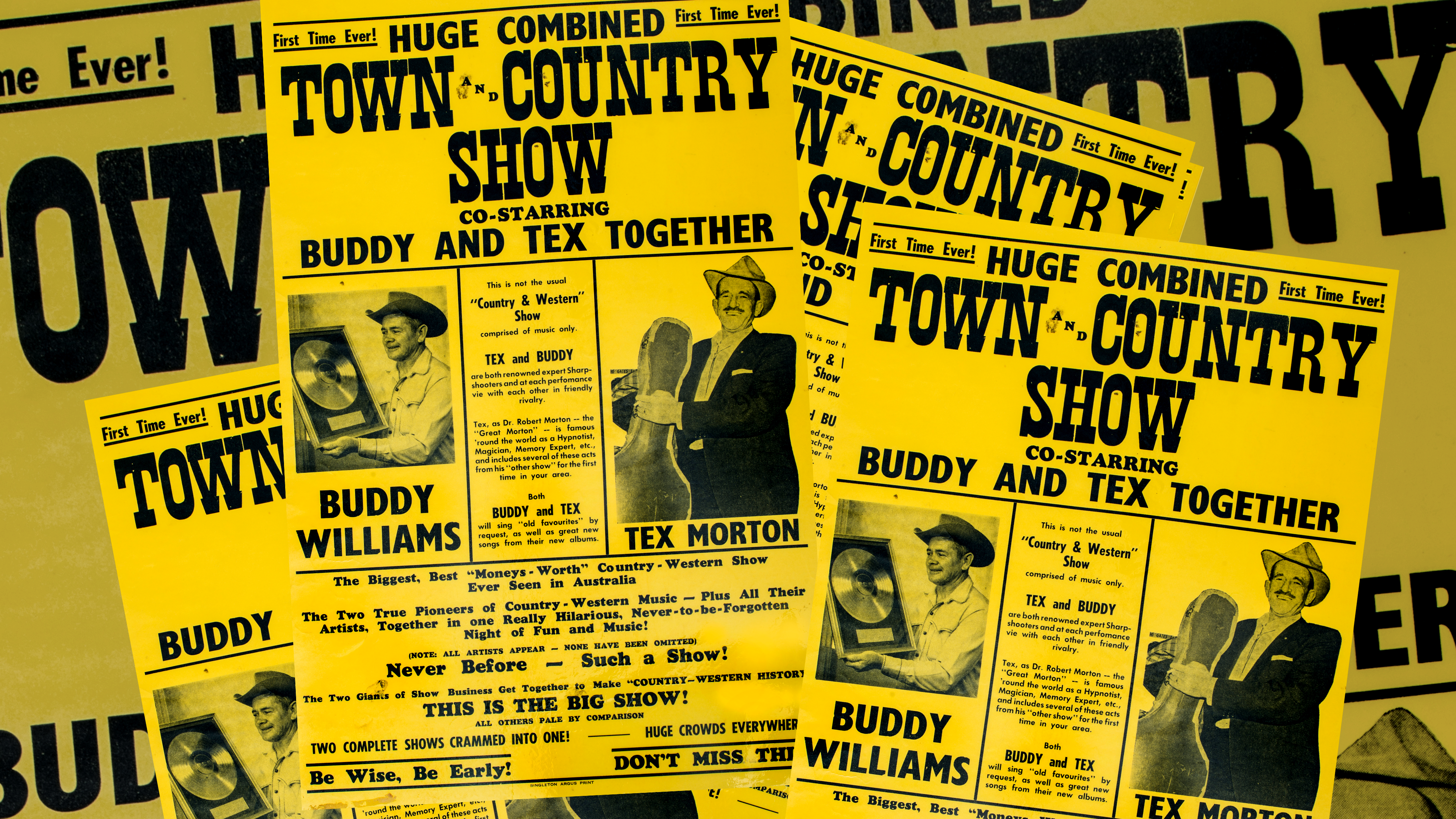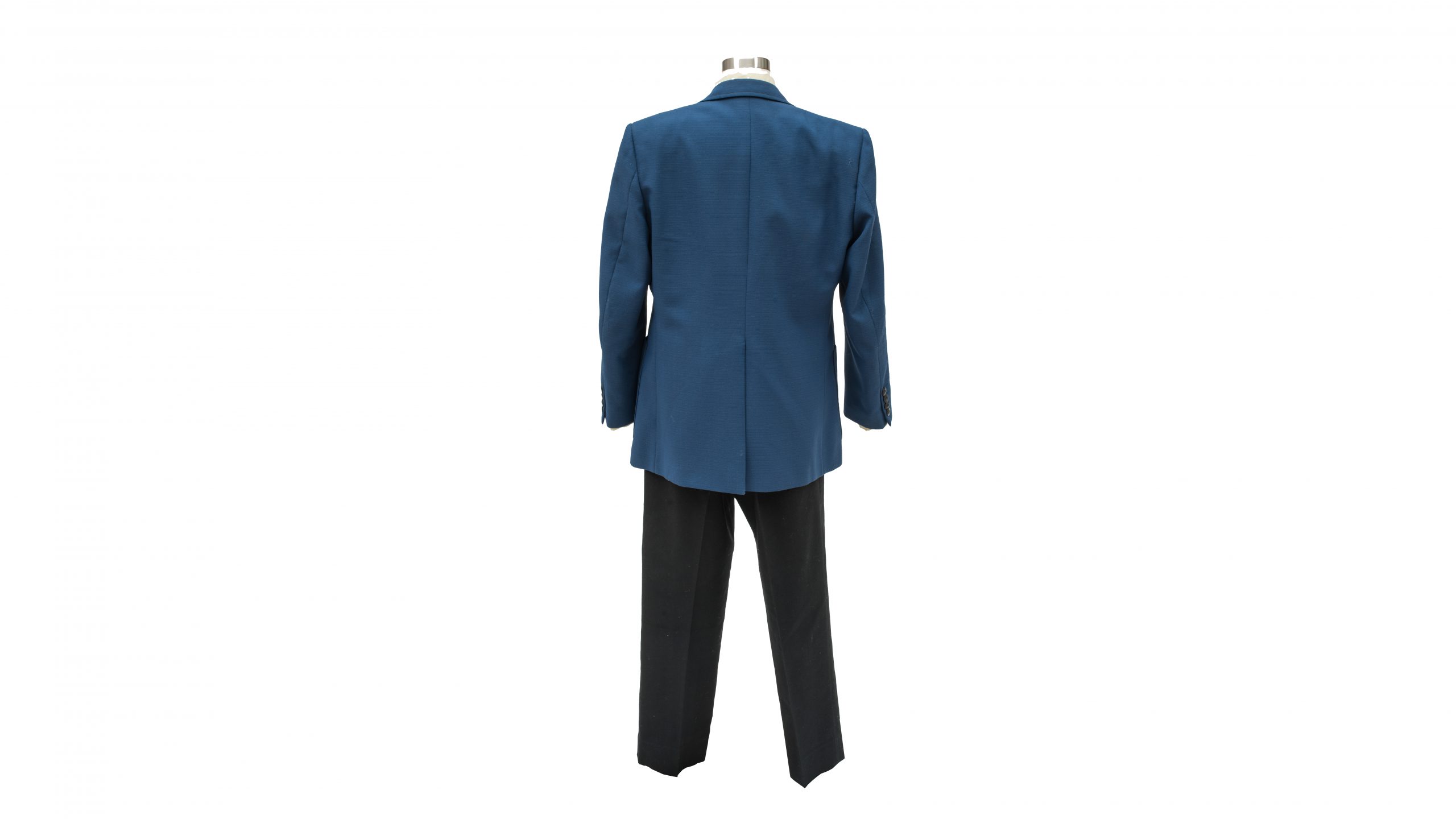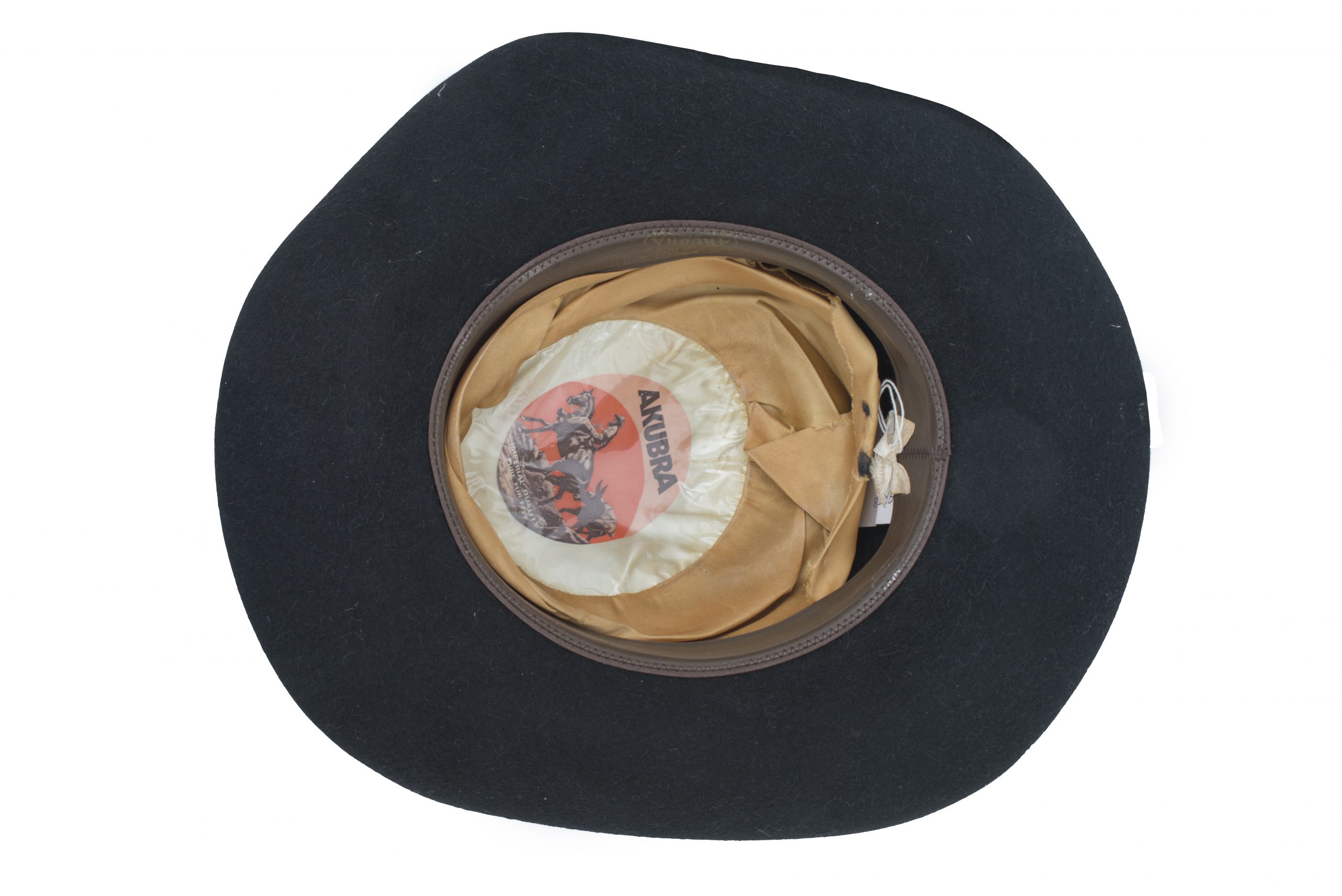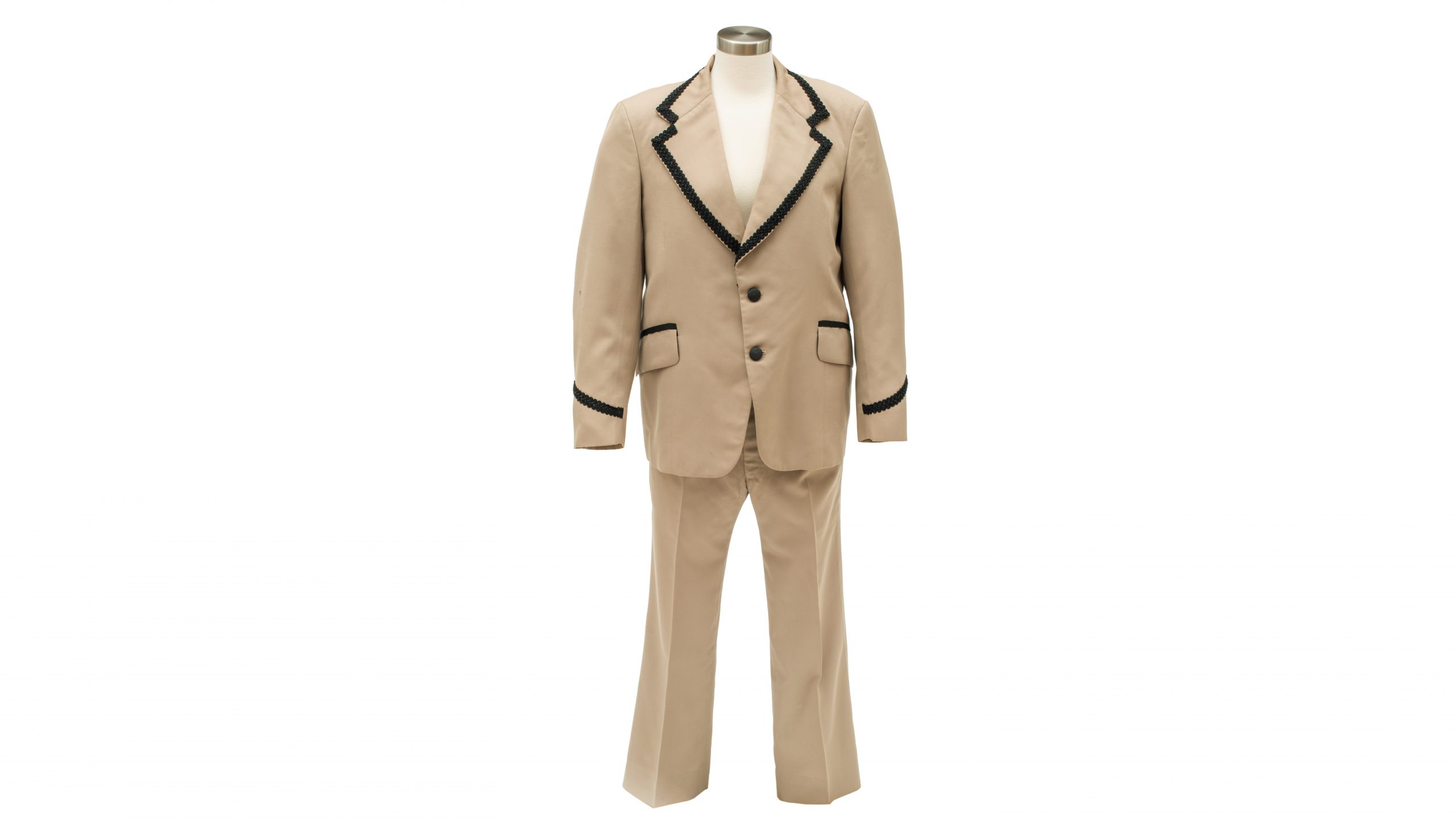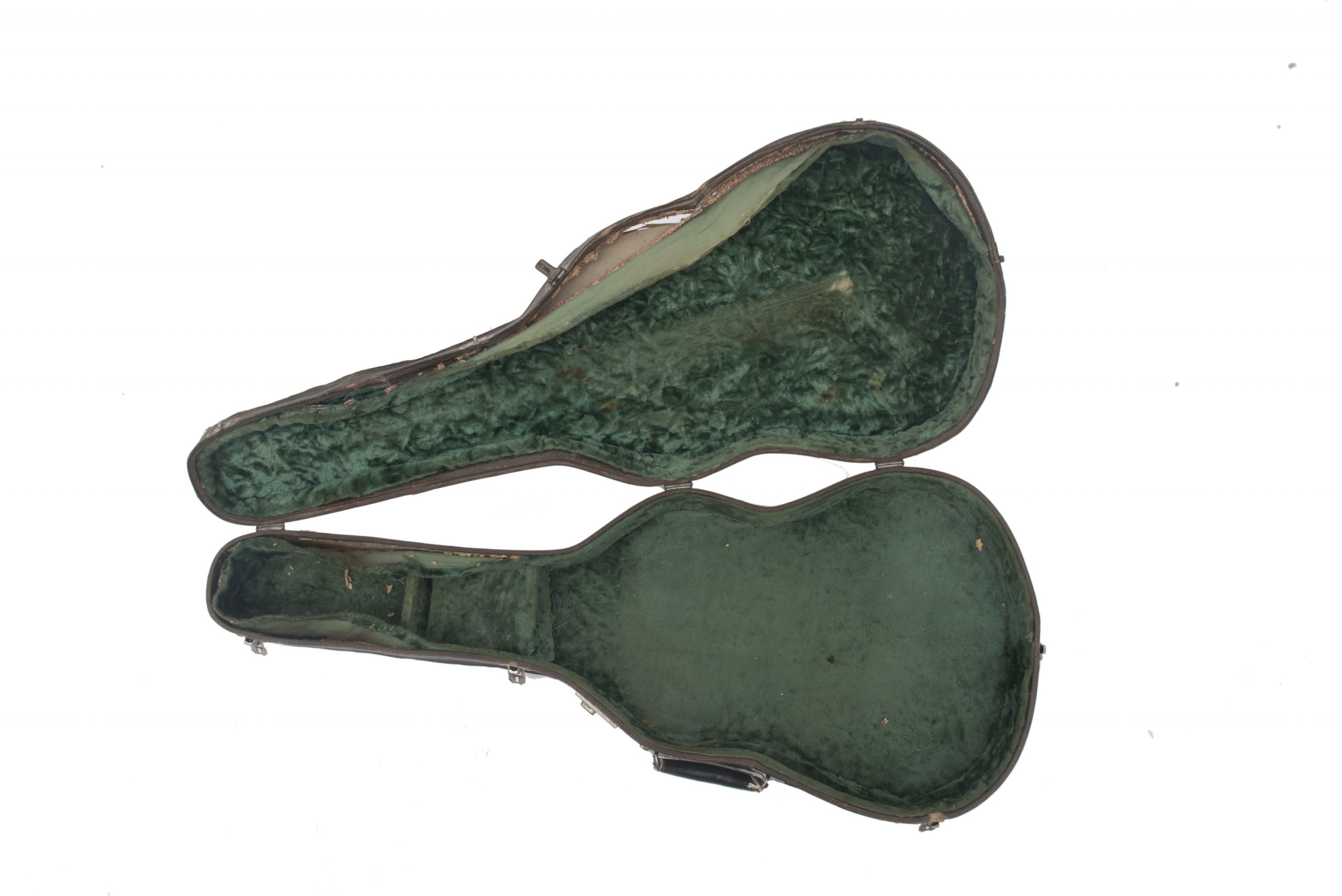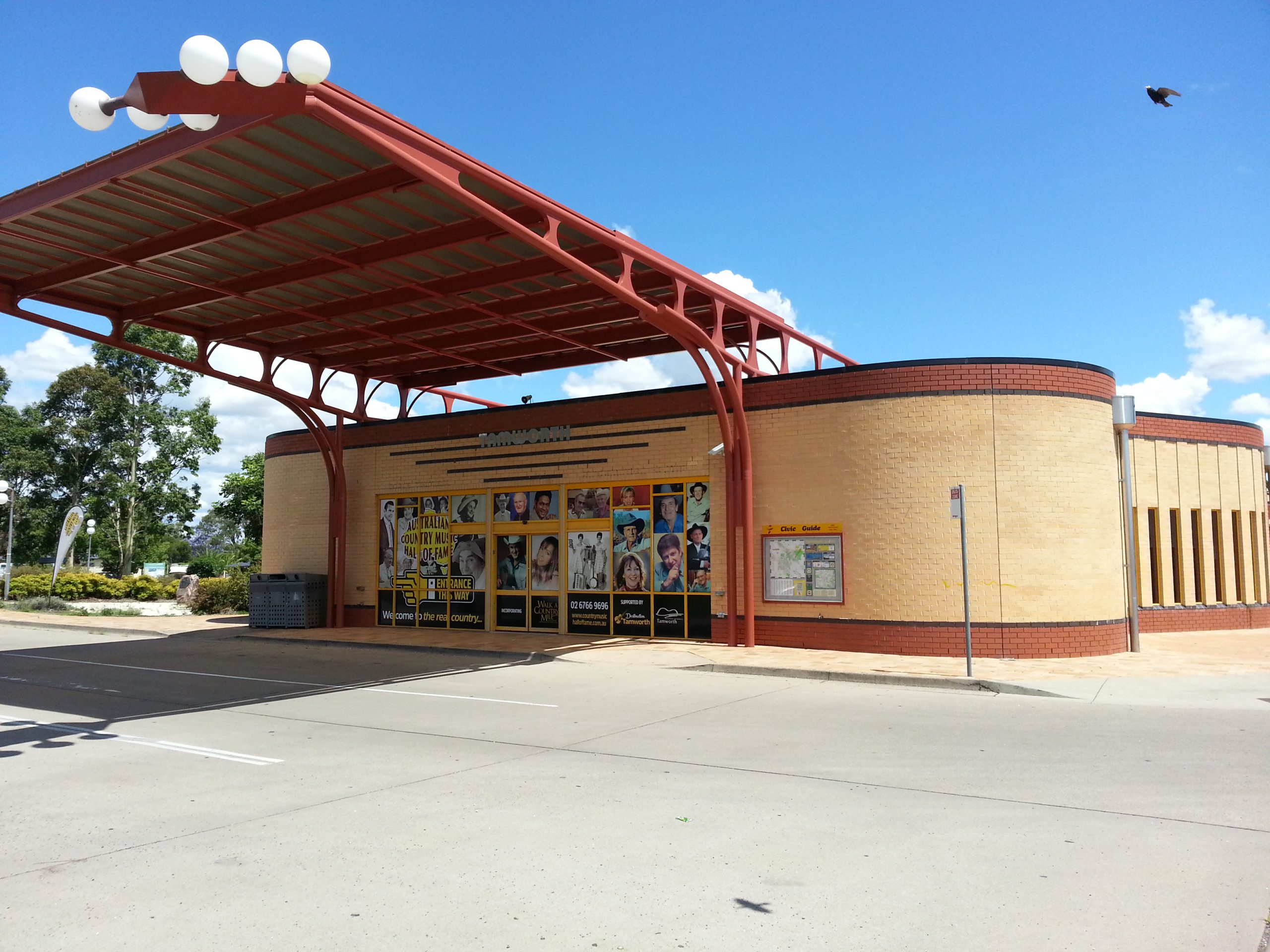The Fathers of Australian Country Music
A Journey Commenced in Childhood
Tex Morton (1916-1983) and Buddy Williams (1918-1986) are known as the fathers of Australian country music. Throughout their long careers the two stars collaborated on one occasion only – a 1972 Australian tour. As teenagers they began performing and their rise to fame was swift. American country and blues music inspired and informed their early careers and performances, but in the 1950s they went on to develop a style that was uniquely influenced by their Australian experience.
Tex Morton was born Robert, or Bobby, Lane in Nelson New Zealand in 1916. He began busking at age fourteen and soon after his first record was produced on aluminium discs, in Wellington. This record is believed to be one of the first country music recordings to be produced outside of America.
In 1932 Bobby migrated to, and began performing in, Australia where he adopted the stage name Tex Morton. He signed with the British-owned Columbia Regal Zonophone record label and recorded American hillbilly songs, including ‘Texas in the Spring’. Tex was given the nickname the ‘Singing Boundary Rider’.
Between 1937-1941 Tex toured Australia with his American inspired Wild West Rodeo Show, but after this experience he began to adopt local themes in his music – his influences included Australian bush ballads and poets Henry Lawson and Banjo Patterson. Tex’s leanings toward Australian inspired lyrics influenced others to do the same and from these influences emerged the genre of Australian country music.
Harold, or Buddy, Williams was born in Sydney in 1918. His early childhood years were spent at Glebe Point Orphanage and at age seven he was fostered by a family who ran a dairy farm in Dorrigo. Buddy milked cows twice daily and walked three miles to attend a bush school. He was mistreated and exploited by his foster family, which provoked him to run away. But while at Dorrigo Buddy spent his spare time in nature and heard the American country and blues singer Jimmie Rodgers. These experiences were formative and later influenced his songwriting.
Performing for Buddy began in Coffs Harbour at the picnic races, where he earned £13.10.0 (equivalent to three weeks wages); other early entertaining experiences included at the Grafton Jacaranda Festival. In September 1939, he recorded six songs – among these were ‘That Dappled Grey Bronco of Mine’ and ‘They Call Me the Rambling Yodeller’, which made him an instant country music star.


